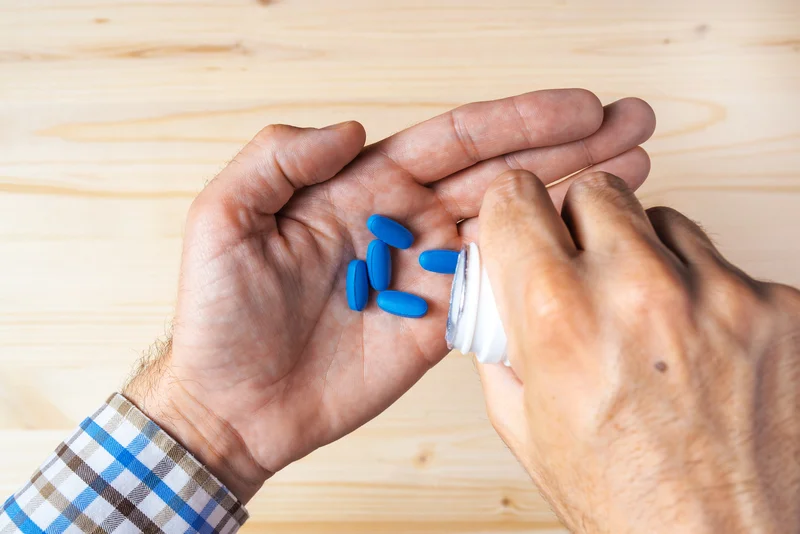Dehydrated Alcohol
Research indicates that hangover severity often correlates with how much water was consumed alongside alcoholic beverages during the previous night’s activities. Therefore, prioritizing hydration could mitigate some hangover symptoms experienced after a night out. As seen in the table above, spirits tend to have a higher alcohol content compared to beer or cider. This means they can lead to more significant dehydration effects if consumed excessively.
What happens to your body when you’re dehydrated?
These foods also benefit from being easy on the digestive system if a person is upset from drinking too much alcohol. This test is for informational purposes only and is not a substitution for a diagnosis by a trained medical professional. If you score high on this test, it may be time to speak to your doctor about the next steps. The Alcohol Use Disorders Identification Test assesses whether your drinking habits indicate a risk of alcohol dependence.
How does alcohol affect hydration?
- Proper positioning of the patient is essential to control localization of injections of dehydrated alcohol (which is hypobaric) into the subarachnoid space.
- While mild dehydration isn’t anything to worry about and can quickly be remedied by drinking water, moderate or severe dehydration can impair critical physiological functions.
- Last but not least, limiting your alcohol intake can help prevent the adverse effects of alcohol-related dehydration while promoting overall health and wellness.
- The protonated alcohol (Oxonium ion) now loses the water molecule that used to be part of the alcohol, thereby forming a carbocation.
- In this case, the number of carbon, hydrogen, and oxygen atoms, as well as the total charge, are conserved across the reactants and products.
- In addition, cocktails with sugary mixers or caffeinated alcoholic beverages can amplify fluid loss and worsen alcohol-related dehydration.
It reduces water reabsorption in the kidneys, increases fluid excretion, and impairs the kidneys’ ability to concentrate urine. These effects can disrupt the body’s fluid balance, contribute to dehydration, and potentially harm kidney health in the long run. It depletes essential electrolytes, disrupts the body’s water regulation system, and affects cellular water balance. These effects can contribute to dehydration, electrolyte imbalances, and impaired cellular function.
Tips on how to stay hydrated
If you’ve ever experienced dehydration before, then you know the signs to look out for. Alcohol-induced dehydration doesn’t have different signs than normal dehydration. These signs include headaches, dark urine, dizziness, and a strong thirst. The injection of alcohol used for therapeutic neurolysis involves amounts too small to produce significant systemic effects of ethanol. Finding the right supplements can be overwhelming with so many options on the market. Whether you’re looking to build muscle, increase endurance, or speed up recovery, natural supplements can provide the support your body needs without artificial additives or harmful chemicals.
- As important as alcohol content may be, even more important is how much you drink in a given sitting.
- When you drink alcohol, your body works hard to process the toxins in alcohol and get rid of it as quickly as possible.
- “Essentially, when you’re dehydrated, you’ll feel alcohol’s effects sooner and for longer,” Pfau says.
- If ethanol vapor is allowed to pass overheated aluminum oxide powder, the ethanol is cracked to generate ethene and water vapor.
- Alcohol (ethanol) is an intoxicating substance found in beverages like wine, beer, and liquor.
Fortunately, researchers have discovered these effects are not sustained over multiple drinks. The diuretic effects are greatest as the amphetamine addiction treatment level of alcohol in the body rises, but production of ADH recovers as the alcohol is metabolized. As ADH production recovers, the body regains its ability to conserve fluids and limit dehydration. In both cases, the alcohol reacts with the sulfuric acid, giving out a water molecule and forming a carbocation. If the reactants and conditions are carefully controlled, the result is a high yield of alkene—either Ethene or Propene, in this instance. Unpacking this equation uncovers a remarkable interplay of species.
- When we consume alcohol, it affects our breathing pattern and can lead to increased respiration rate.
- The heating ensures that the reaction occurs at a reasonable pace and the reflux ensures that no volatile components are lost.
- The more of those groups we have sitting on the alkene, the more substituted it will be.
- This chemical adventure, called the dehydration of alcohol to alkene, is a key part of the teaching and understanding of the functional group transformations that characterise this domain of chemistry.
Drinking any amount or type of alcohol has a wide range of short- and long-term effects on your physical and mental health. As a central nervous system depressant, alcohol slows the body’s systems and leads to noticeable changes in cognitive and physical functions. Proper positioning of the patient is essential to control localization of injections of dehydrated alcohol (which is hypobaric) into the subarachnoid space.
Hydration Supplements to Combat Alcohol Dehydration
Rehydrating after consuming alcohol helps alleviate dehydration and can reduce the likelihood of a hangover. Let’s look at why alcohol dehydrates you and discover how electrolytes can help prevent alcohol-induced dehydration. Alcohol dehydration cures abound, but before you trust old wives’ tales or the hair of the dog, read on.
Today we’re looking at alcohol, dehydration, and how the two can go hand-in-hand. When discussing hydration, it’s crucial not just to focus on water intake but also on electrolytes—minerals like sodium, potassium, and magnesium alcohol dehydrates that help regulate bodily functions. Alcohol consumption can lead to an imbalance in these electrolytes due to increased urination. To grasp how much alcohol dehydrates you, it’s essential to consider several factors, including the type of alcohol consumed, the amount, and individual differences in metabolism.
Electrolytes are minerals in the body that help regulate fluid balance. Alcohol can disrupt electrolyte balance, which can contribute to dehydration. Specifically, alcohol can lower levels of potassium and magnesium, two important electrolytes.
Impact on Kidney Function
Although many people know what dehydration is, few understand the reasons why it develops. Alcohols like whiskey and brandy have high levels of congeners, including tannins and acetaldehyde. These might lead to dehydration more quickly, according to a 2010 study 8 9.





